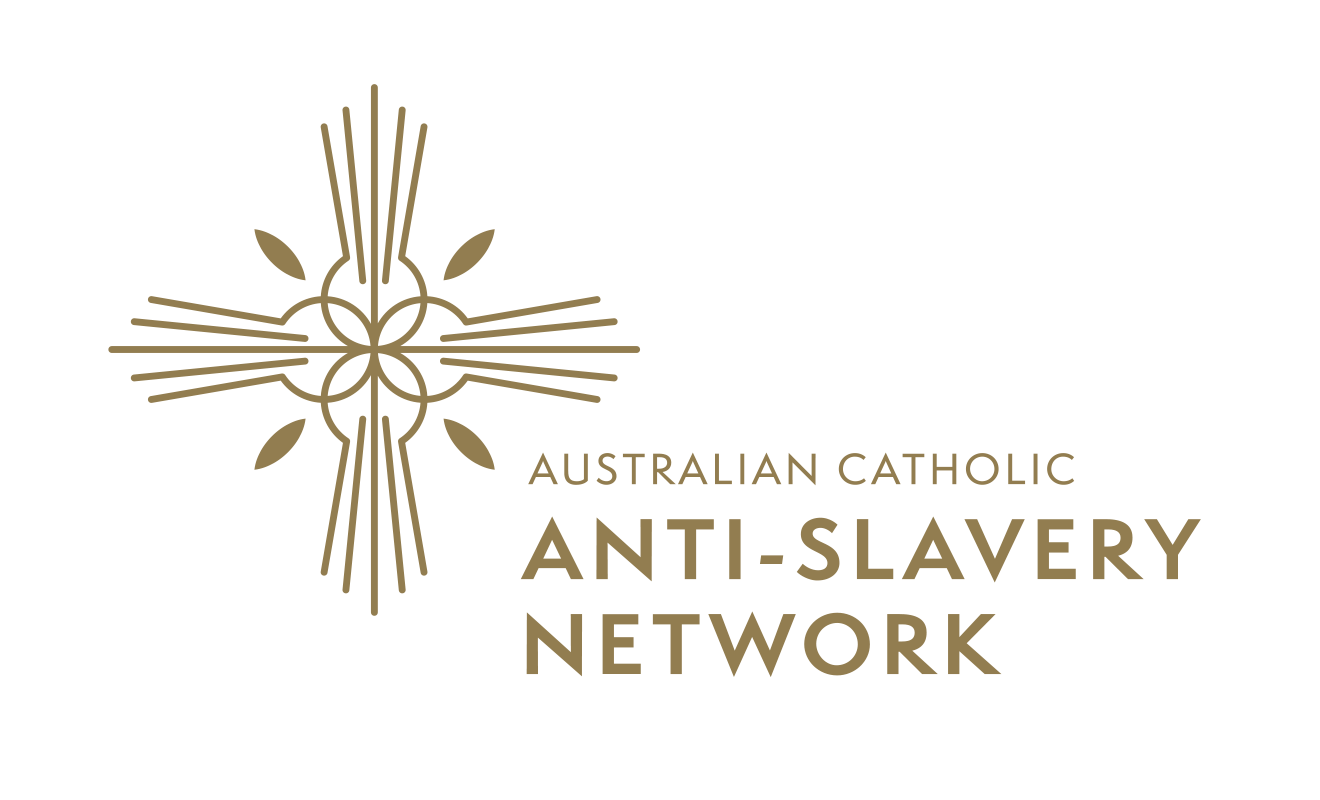Santa Marta Group Action Plan
The Santa Marta Group is a network of bishops, police chiefs, government officials and civil society united in ending human trafficking and modern slavery. It was created in 2014 at the invitation of Pope Francis, who has made the battle against human trafficking a priority of his pontificate, calling it “an open wound on the body of contemporary society, [… and] a crime against humanity”.
The group’s first European meeting recently brought together over 100 participants from 23 countries to discuss cooperation between its members and identify concrete actions to be taken by the Church and its partners in Europe. A conference Action Plan has been published identifying eight priority areas for joint action so that “human trafficking [would] not be profitable”, as called for by Auxiliary Bishop Ansgar Puff, Chairman of the Human Trafficking Working Group of the German Bishops’ Conference, in his opening remarks.
The Action Plan includes a recommendation that the supply chains of Church institutions be free from human trafficking and exploitation. The rationale for this is that Church institutions and organisations are often large buyers and consumers of goods and services. They have been vocal advocates for slavery free supply chains but have rarely checked their own supply chains.
The Santa Marta Group will raise awareness of the responsibility of Church institutions for their supply chains and encourage screening the procurement of our institutions and organisations for exploitation and human trafficking and promote responsible consumption.
Recognizing the need for collaboration of actors “across borders and sectors”, the Santa Marta Group also highlighted the essential role the Church can play in the fight against modern slavery – as provider of services and support for survivors of human trafficking, but also as an employer, consumer, and actor of change which can help raise awareness of its members and the broader public. The need for the reality of human trafficking and exploitation to be recognized in “the center of society so that the crime is seen and understood as a problem” emerged as an urgent priority for all members of the Santa Marta Group.

